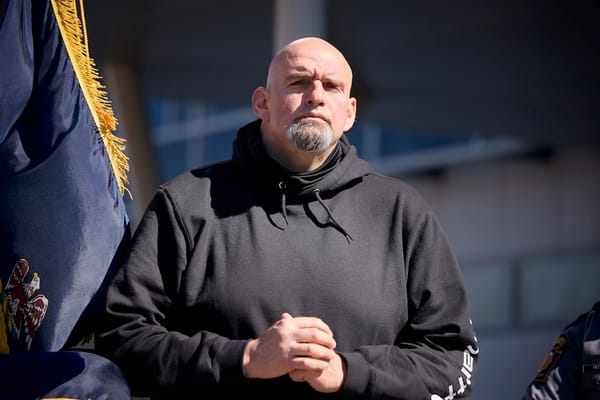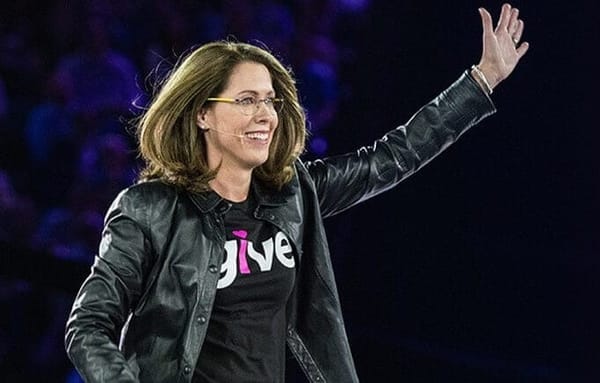Clean Energy Standard Implies Smart Grid Build Out, But Chances For Bill Remain Murky
WASHINGTON, April 1, 2011 President Barack Obama reaffirmed the nation’s need for a Clean Energy Standard (CES) during a speech at Georgetown University Wednesday, once again raising questions about how smart grid technology will fit into that future. Implicit in bringing on a wide range of clean e
WASHINGTON, April 1, 2011 President Barack Obama reaffirmed the nation’s need for a Clean Energy Standard (CES) during a speech at Georgetown University Wednesday, once again raising questions about how smart grid technology will fit into that future.
Implicit in bringing on a wide range of clean energy sources is the need for a more efficient and modernized grid to handle the variable power supply. However, in this divided Congress, getting legislators to find common ground on a CES will come with a high hurdle rate, say analysts.
“If the fuels and technology drive the obligation to essentially handle load balancing and intermittency, then the smart grid is whatever you want to call it,” said Kevin Book, managing director of the Washington-based research firm ClearView Energy Partners LLC. “It’s going to be advanced transmission and distribution technology, and we’re just not configured for that right now. The build out will have to happen if the utilities are going to meet their goals [set by a CES].”
Increasing smart grid deployment also implies adding more transmission lines, a typically controversial element for consumers who find adding power lines through their backyards invasive and expect to eat the costs in their bills. A national CES, however, could provide some soothing rationale for consumers: the ultimate goal of lower greenhouse gas emissions.
As it stands with the highly-regulated electric utility industry, risk-averse state regulators control which new projects can create new power lines, also known as transmission line siting
“It’s a chicken-or-egg dilemma here,” said energy and utilities analyst Travis Miller of Morningstar,an independent investment research firm. “The utilities have to prove cost savings to receive the go-ahead to invest, but you can’t prove cost savings until you invest. It’s a situation where the utilities and the commission have to come together and decide what level of investment is necessary to prove or disprove the cost savings that might be available.”
In order to move on a national CES, there may need to be some regulatory powers handed back at the federal level from the states to smoothly implement any renewable mandates. In a federal appeals court in April 2009, the Federal Energy Regulatory Commission (FERC) lost the right to overrule state regulators who turned down siting applications for new projects.
A DIVIDED CONGRESS
If any bill arises, most analysts agree that it will come from the Senate side. Senate Energy & Natural Resources Chairman, Sen. Jeff Bingaman (D-NM), and Ranking Member, Sen. Lisa Murkowski (R-AK), issued a white paper soliciting ideas for a CES last week and all submissions are due by April 11. Wednesday morning at a PoliticoPro event, Sen. Bingaman said he believes he “can get the majority on the same page” and there remains a “good working environment.” It’s impossible to know, however, how the Committee will operate with five out of 10 Republicans and three out of 12 Democrats who are new to the committee this Congress and have yet to go through a single markup or vote.
More broadly in the Senate, it remains unclear if the political will exists for climate regulation. Wednesday night Sen. Tom Coburn (R-OK) announced that he would stop blocking votes that he held up over a pending small-business bill. Such a move would allow Senators to begin voting as early as next week on amendments, including Senate Republican Leader, Sen. Mitch McConnell’s (R-KY) amendment to repeal EPA’s authority to regulate greenhouse gas emissions and Sen. Jay Rockefeller’s (D-WV) to delay the EPA’s Clean Air Act regulations for two years.
House Energy & Commerce Committee Chairman Fred Upton (R-MI) has been very vocal in editorial columns and to the media about avoiding any federal legislation that would increase costs for consumers.
“If there’s one thing that characterizes the Republicans in the House, it’s not that they’re oil-loving Republicans like the last batch of House Republicans, who happen to be mostly from Gulf of Mexico oil producer states,” said Book. “These guys are energy-consumer Republicans that want to defend the household and industrial users of cheap electricity and fuel, and they’re likely to be resentful of anything that raises the price.”
THE WHITE HOUSE AGENDA
First in the State of the Union address and again Wednesday, President Obama called for legislation providing a market signal for every clean energy source in an all-of-the-above approach: clean coal, natural gas, nuclear, solar and wind.
“I’ve seen the scientists that are searching for the next big breakthrough in energy,” said President Obama. “None of this would have happened without government support.”
His speech came a day after the Pew Environment Group released its 2010 survey results, showing the U.S. has fallen behind Germany and China in regard to private investments in clean energy among G-20 nations.
Washington insiders say the difference in this congressional battle compared with the failed cap-and-trade battle in 2010 will come in the form of recasting climate policy in to terms of economic and security terms; a stance that could pay dividends in the 2012 Presidential race.







